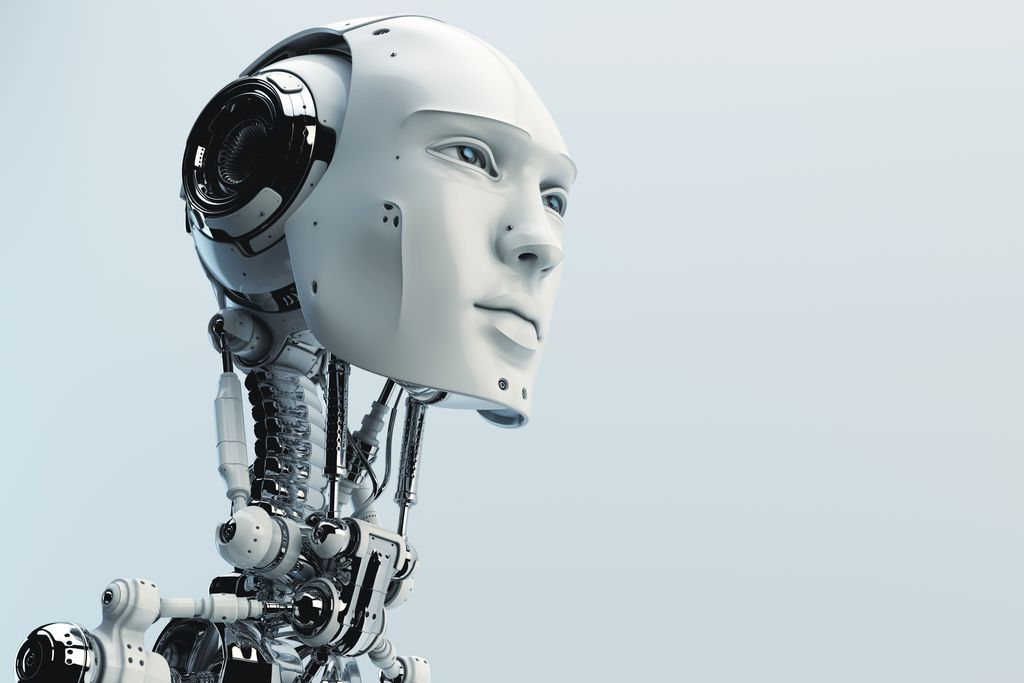
Human Plus AI in the Contact Center
So, perhaps in 20 years, we’ll have natural, flowing voice conversations with AI agents in contact centers. The immediate future, though, is just as exciting; the difference being that the role of AI in the contact center during the coming decade will be far less visible to the end customer.
In the coming years, AI will be crucial to the contact center but in much more of a background role. It will draw on multiple data sources to anticipate customer and company needs, handle interactions on its own where possible, and provide in-call support where needed.
Humans will still be there for when the data–or simple common sense–shows they do a better job. So the future of AI in the contact center is one where software tools make humans more efficient; pretty much in just the same way that they have for the past 60 years.
People are still better than tech
Sometimes agents are the best people to answer a particular question. With tools that empower your agents, we can help improve their job satisfaction, which leads to higher retention rates.
At the moment, the world is pretty piqued about AI or artificial intelligence. From tech giants like Google, Microsoft, Amazon and Facebook to start-up incubators tucked away in the suburban areas of San Francisco, everyone is dedicating their time and resources to develop future ready AI products. These innovations (both hardware and software) are expected to change the way we conduct business, operation, and what not.
However, despite all the buzz and interest, the cloud of doubts over AI technology and its usage in the business world is still unclear. Take, for instance, contact center performance. In recent times, a lot has been written and spoken about the overhauling impact of AI on contact centers.
A recent Gartner study predicts that by 2020, nearly 85% of customer interactions will not be through humans.
As a result, the call centers of the future shall be more efficient, high on performance and predictive.
VCAs, or virtual customer assistants will be able to predict customer queries and provide them with a tailor-made solution. In a nutshell, the technology will not only improve customer experience but the early adopters will have a definitive advantage over their competitors. Sounds great!
Both AI voice agents and chatbots can capture a lot of granular data around each customer interaction, which can be fed into analytics engines to help optimize the call centre process.
AI tools such as sentiment analysis can also help speed up this process by quickly spotting trends like anger or dissatisfaction within a large data set, often faster than a human advisor can.
Yet the notion of AI completely replacing a human contact centre team is still a long way off, especially considering the attitudes of many towards AI in customer service. For example, nine out of ten people have stated that there should always be the option to transfer to a live advisor in the contact centre.

